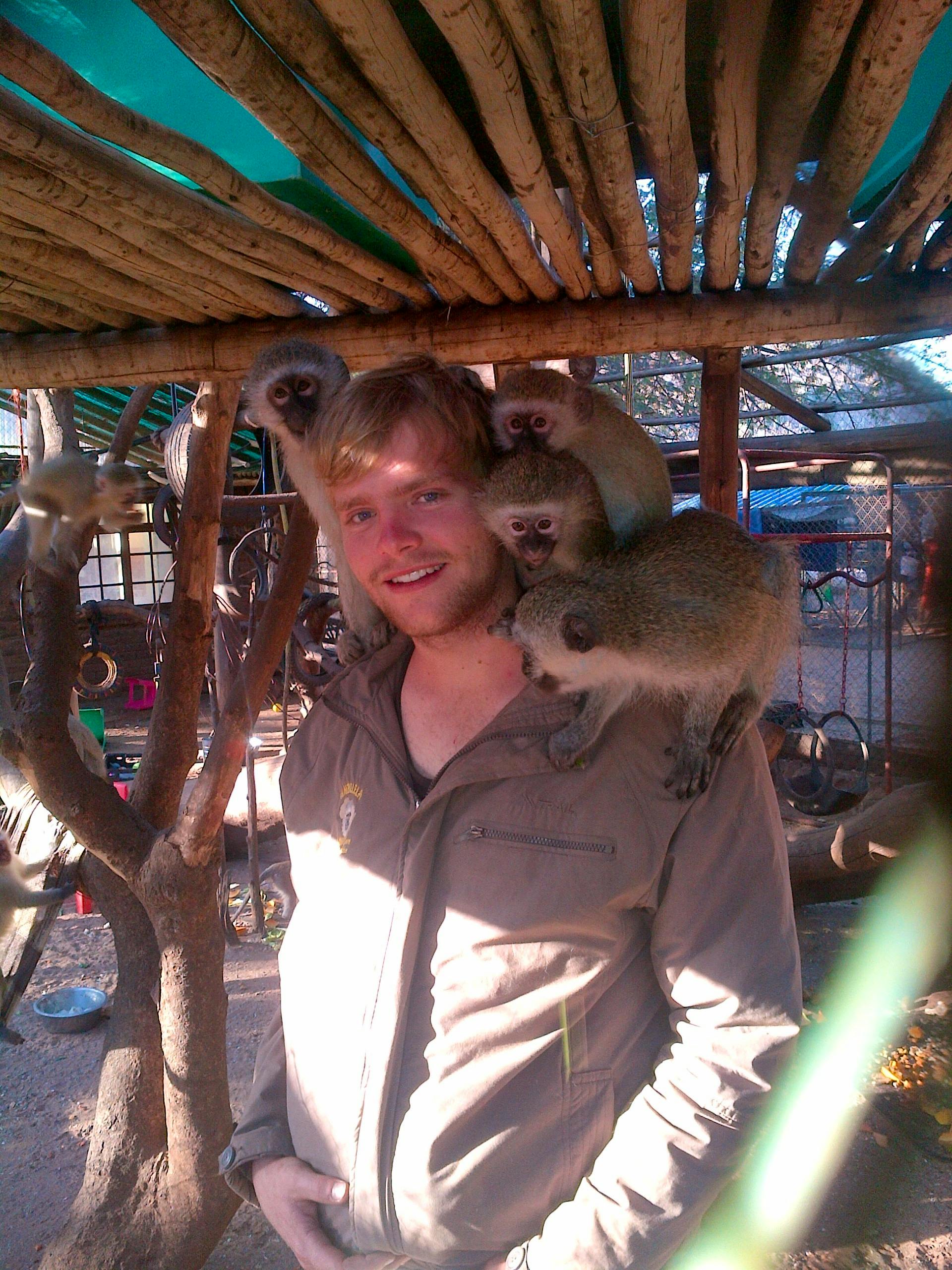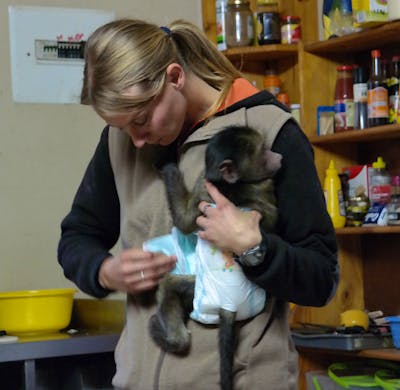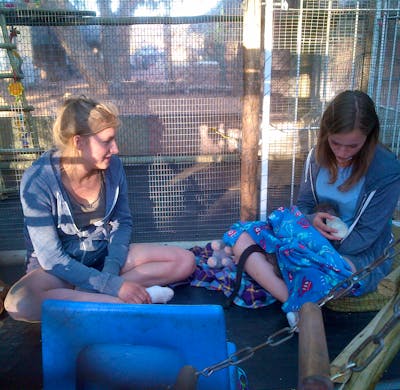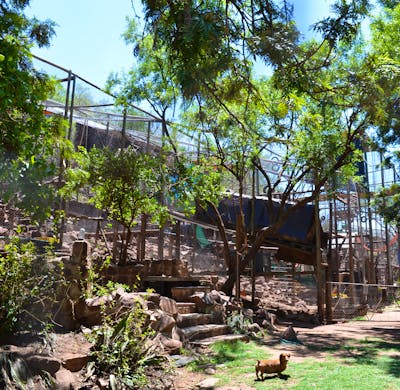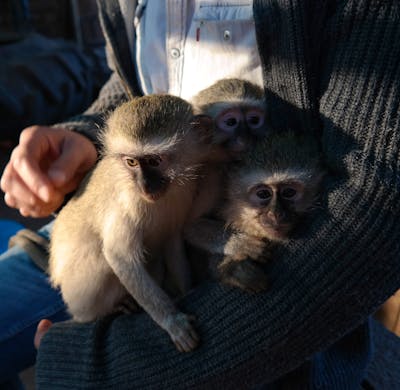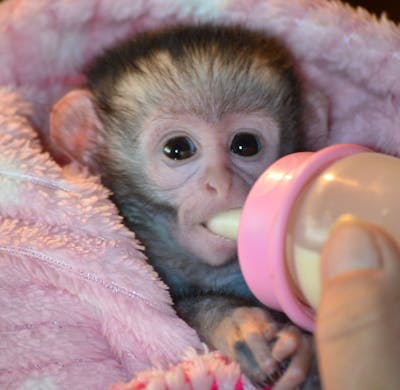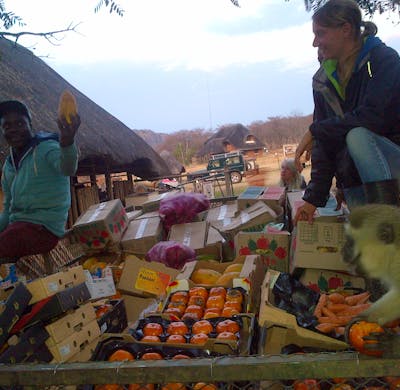“Khaya” means village or dwelling in several African languages – but it also has a deeper meaning, that of ‘belonging’. In Xhosa it also means home or homestead and in Swahili it means boma, which is an enclosed secure area for cattle. At Khaya Volunteer Projects, we make our volunteers feel that they belong. If you choose Khaya to organize your volunteering experience, you will feel secure and well-informed. You will also feel that you belong to the project you decide to work with, as Khaya fits the right people to the right projects.
History
Khaya Volunteer Projects was established in 2005. We offered international students the opportunity to come to South Africa and experience working with local companies and organisations as interns. Our goal was to offer an incomparable experience of the diverse culture and socio-political landscape of this amazing country, and our hope was to inspire people to offer their time and effort in return.
We soon found that many volunteering projects needed more hands and financial support than interns could provide, so in 2009 we started to offer volunteering opportunities to people of all ages and walks of life, such as gap year students, travellers, and conscientious older people with time to spare – whoever you are, you will find the right project for you and fit right in. Things took off from there and we didn’t look back - in 2011, Khaya expanded to Tanzania (Arusha and Zanzibar) and Zimbabwe. Today we have offices in South Africa, Zanzibar,Tanzania and Malawi.
Our Mission
Our mission is simple but resonant: we provide volunteering opportunities for international travellers that are both unique and as affordable as possible with high standards of service and facilities. Needless to say, we also prioritise our selected volunteer projects’ needs in ways that benefit both project and you, the volunteer.
At Khaya Volunteer Projects, our greatest desire is to show people the true Africa, with its dynamic cultures and its incredible raw beauty. To live and work locally in South Africa, Tanzania, Malawi, Zanzibar or Zimbabwe means immersing yourself in these countries and experiencing your travels in an entirely unique way you will never forget.
Our offer
Khaya Volunteer Projects will introduce you to affordable volunteer projects which have been personally chosen by or established by us. You can choose from a number of viable, sustainable, rewarding ventures: working with children, healthcare, sports development, education, conservation, animals – whatever you can think of, that project wants and needs your time and energy!
We have developed an extremely hands-on and personal approach to your experience. You will have a project facilitator working closely with you throughout your volunteering program to make sure your questions are answered and your concerns addressed. No question, suggestion or complaint is too silly, small or simple! This is just one of the many reasons Khaya has volunteers coming back to us year after year.
Dynamite comes in small packages! One of our points of pride is that our volunteering projects are selected and developed for quality over quantity. This means you won’t have to stand in a queue to touch an elephant or to take part in an activity – this isn’t Disneyworld! Many other volunteer projects have 30 or 40 volunteers involved, which we feel dilutes your experience and denies the volunteer project your focus and enthusiasm. Some of our volunteer projects are rather new and in the process of improving, so we at Khaya make it our priority to uplift and support where we can and grow these projects to new heights – and for this, we want our volunteers to be as involved as possible and not just people who paid a fee to be ‘faces in the crowd’!
Why Khaya?
Affordability
We focus on keeping our volunteer projects’ prices transparent and as low as possible while still offering the highest level of service. We encourage…no, we CHALLENGE you, our prospective volunteers, to compare our prices with other organisations. We offer incomparably affordable experiences for the level of service you will be receiving. We make sure to eliminate hidden costs and ‘fine print’ as far as possible in our volunteer project pricing. All your meals, transport and 24/7 supervision and guidance is included in our offering (this MAY differ per project, so please double-check with us).
Where does your money go?
We donate a good portion of your volunteering fee directly to the projects we work with (this can differ per project, you can check with us). This means that not only are you helping and supporting the projects with your time and energy, but you are also financially contributing to them! Khaya ensures that the costs involved in our projects are as transparent and uncomplicated as possible so that you know exactly where your hard-earned money is going to. Please contact us if you have ANY queries whatsoever regarding your fee, and what kind of mileage you are getting for your buck!
Locally based
Khaya has one fantastic advantage over other volunteer groups – we’re based right here in Africa, and are therefore directly involved with the volunteer projects on an ongoing, hands-on basis. We make every effort to visit all our projects regularly to ensure that everything is running smoothly, and to ensure that both projects AND volunteers receive all the necessary support and guidance. Our direct partnership with our projects allows us to see immediately how you, the volunteer, fit into the bigger picture, and at the same time we can help with the day-to-day details of your stay.
Very important to us: Khaya strives to create employment in Africa by employing local people at several of our projects and giving them much-needed income opportunities.
Going the extra mile
Khaya believes in going the extra mile. Whether you have questions specifically about the volunteer project you have embarked on, or just a general travel question (er no, lions and elephants don’t usually run rampant in city streets here! :). Ask away with impunity, nothing is too big or small for us to find the answer.
Khaya also conducts ongoing coaching and training of our local partners and coordinators. We train the staff of several projects on how to deal with volunteers, how to utilize them, and the best possible way to assist them. In doing so, we offer support for volunteers and at the same time foster an environment of empowerment for the full-time project workers.
Keeping it real
The pictures that you see on our website are authentic – they were taken by volunteers and Khaya staff. We want you to see exactly what you get if you sign up for a volunteering project with us. We are NOT involved in this industry merely to make a buck – we have a passion to make change happen, and to create a win-win situation for all involved. Also, we really want you to send us YOUR pictures and words, your vision of your experience, for our own knowledge and for potential future volunteers.
Pre-departure and feedback
Before you depart your home country, Khaya will supply you with a pre-departure guide with information about the project you choose. We will supply everything you need to know about visa requirements, and a list of what you need to bring with you; the climate; what to expect culturally and environmentally; and much, much more information!
We always aim to improve our services wherever possible, so once you have completed your time as a volunteer; we will ask you for feedback on your experience with us. Your feedback is of utmost importance to us to keep improving and growing our partnerships to new heights.
All volunteers will receive a Certificate of Participation after completion of their project.
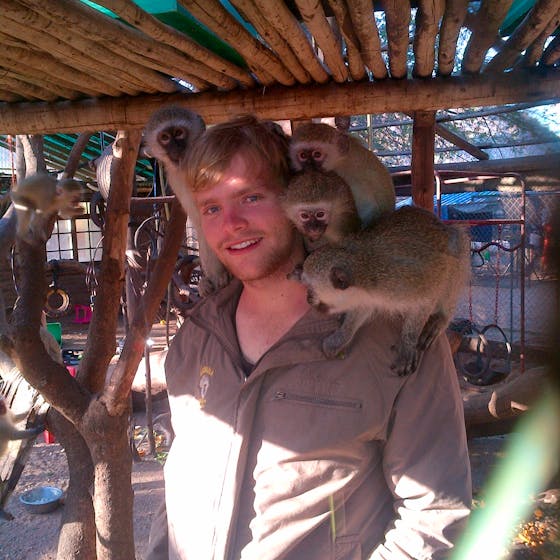

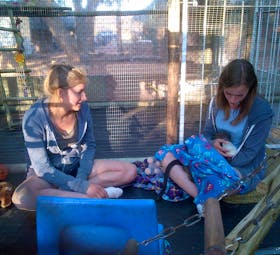
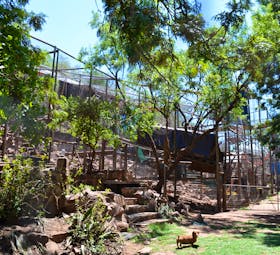
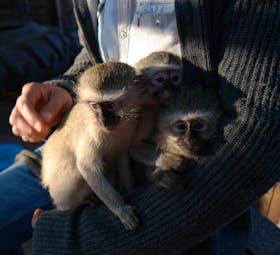
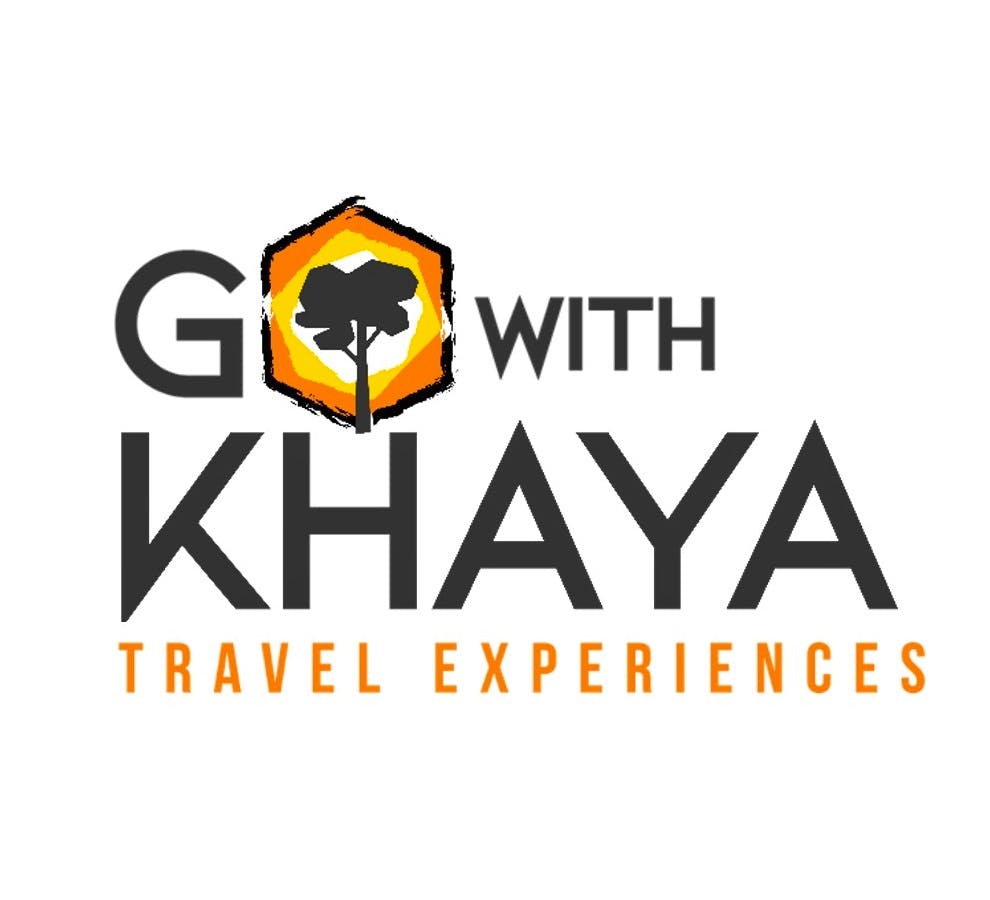

 4.5
4.5

